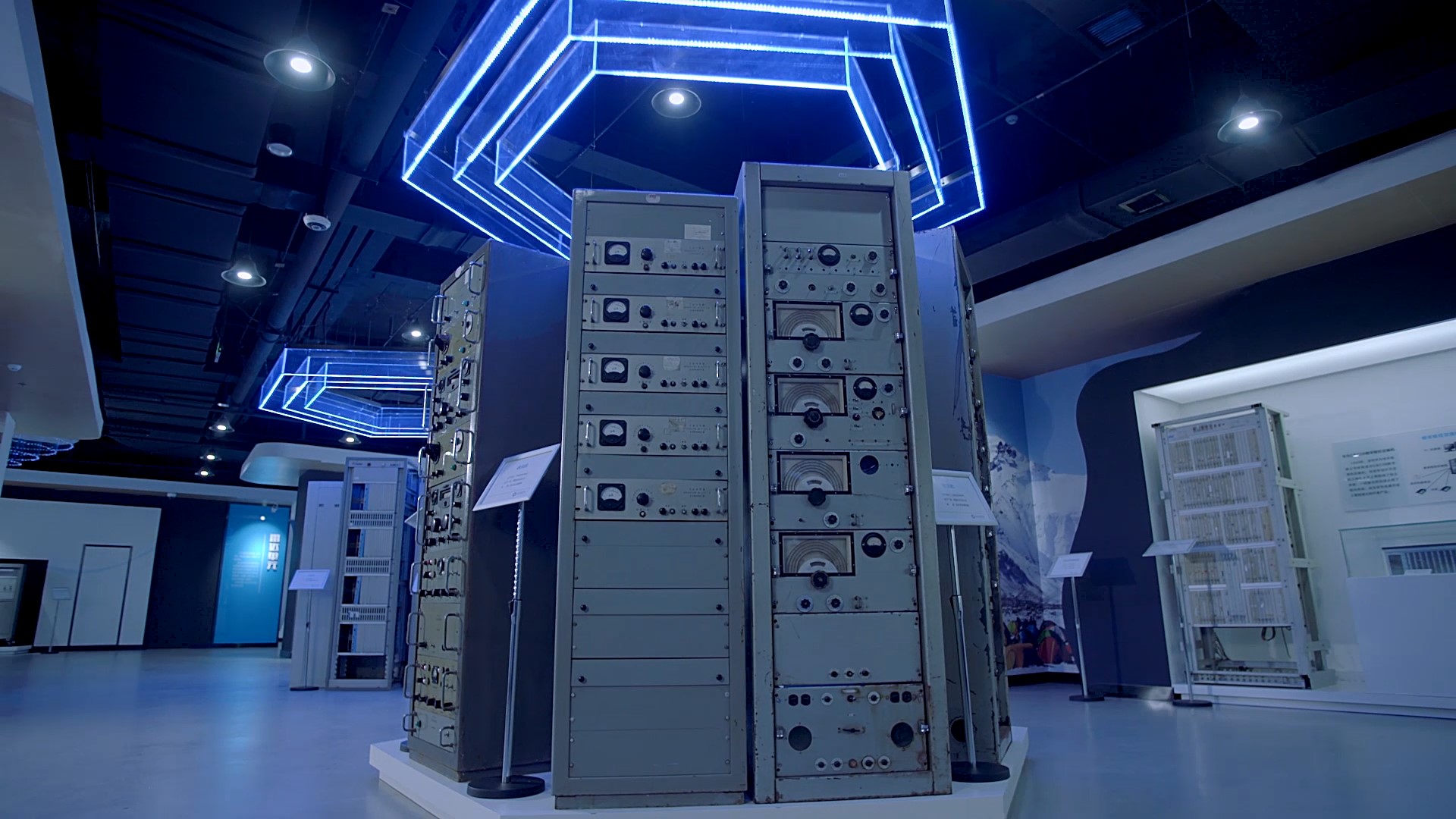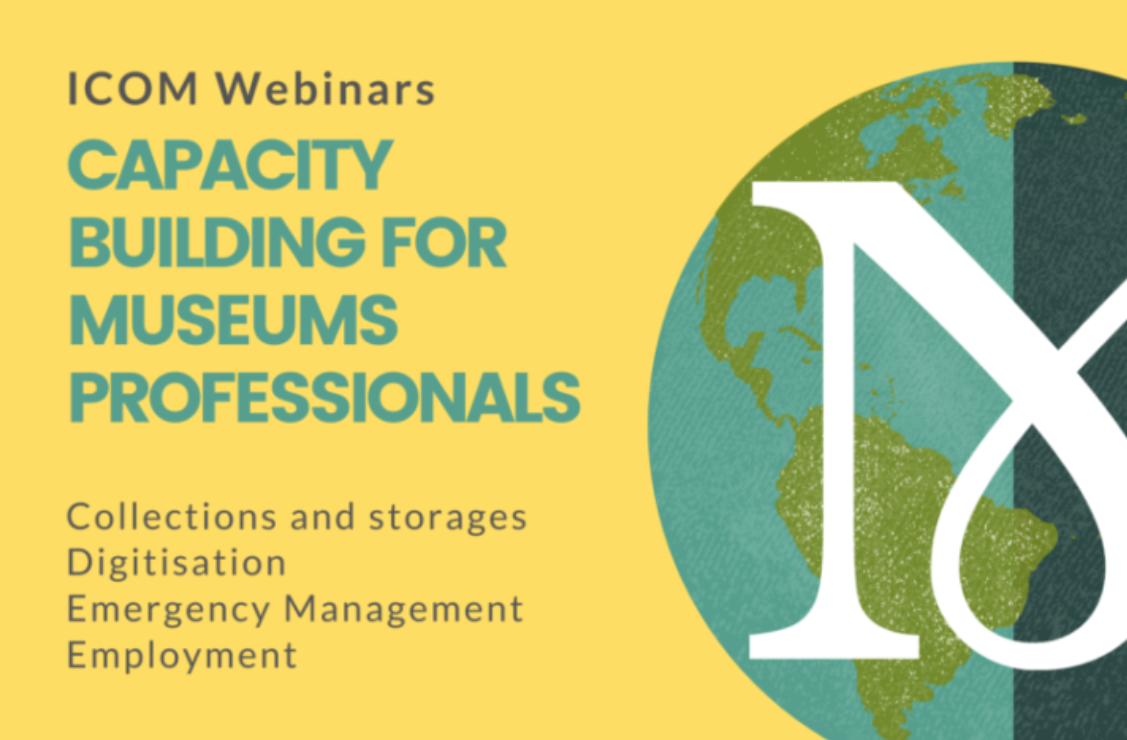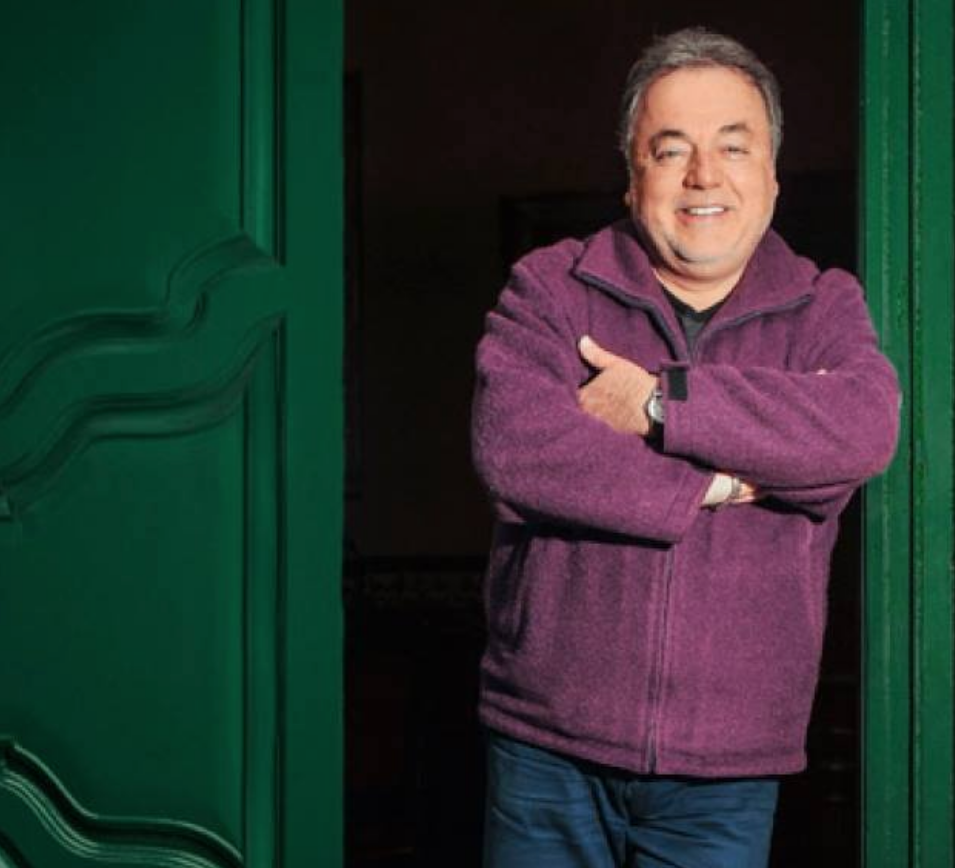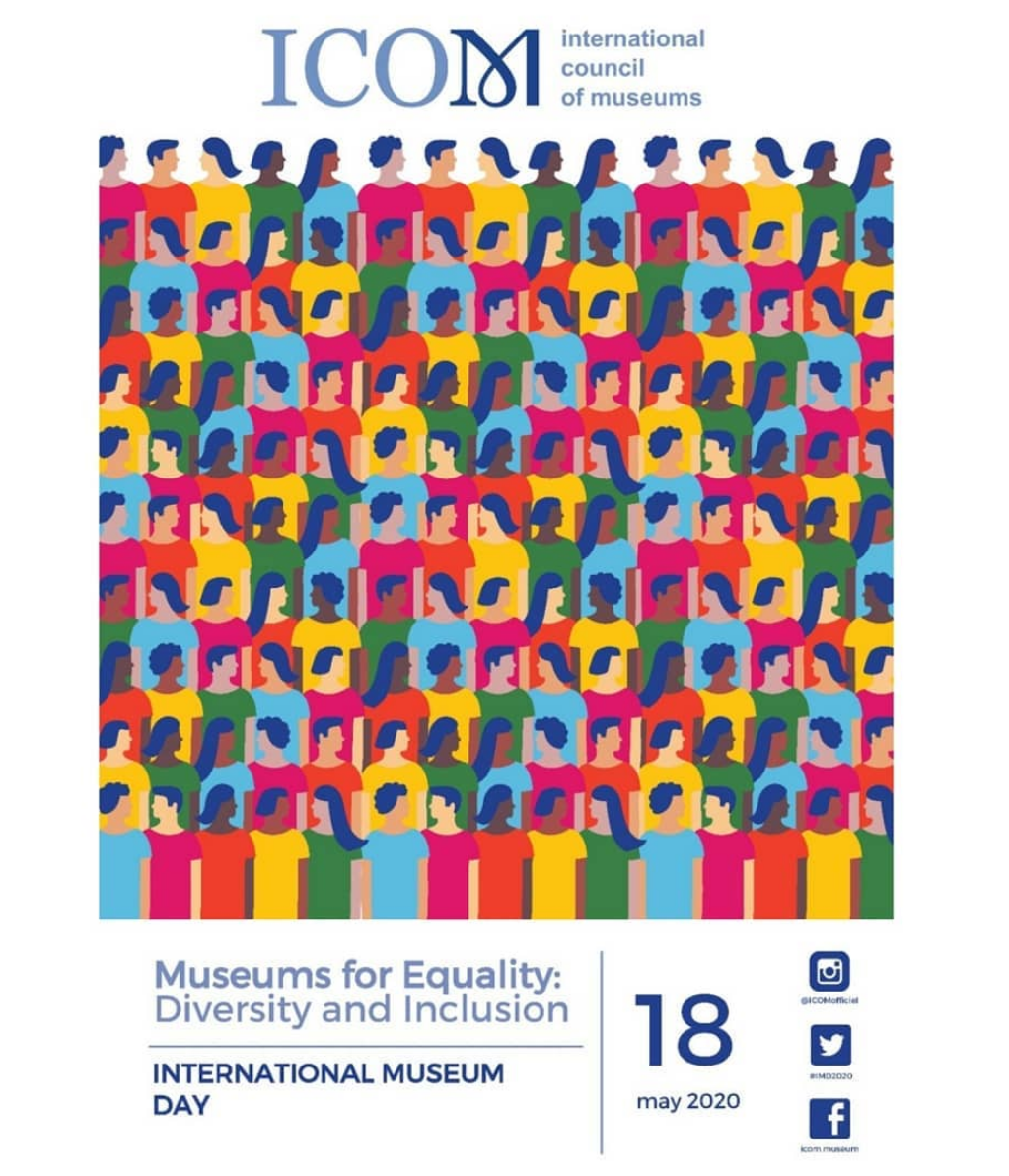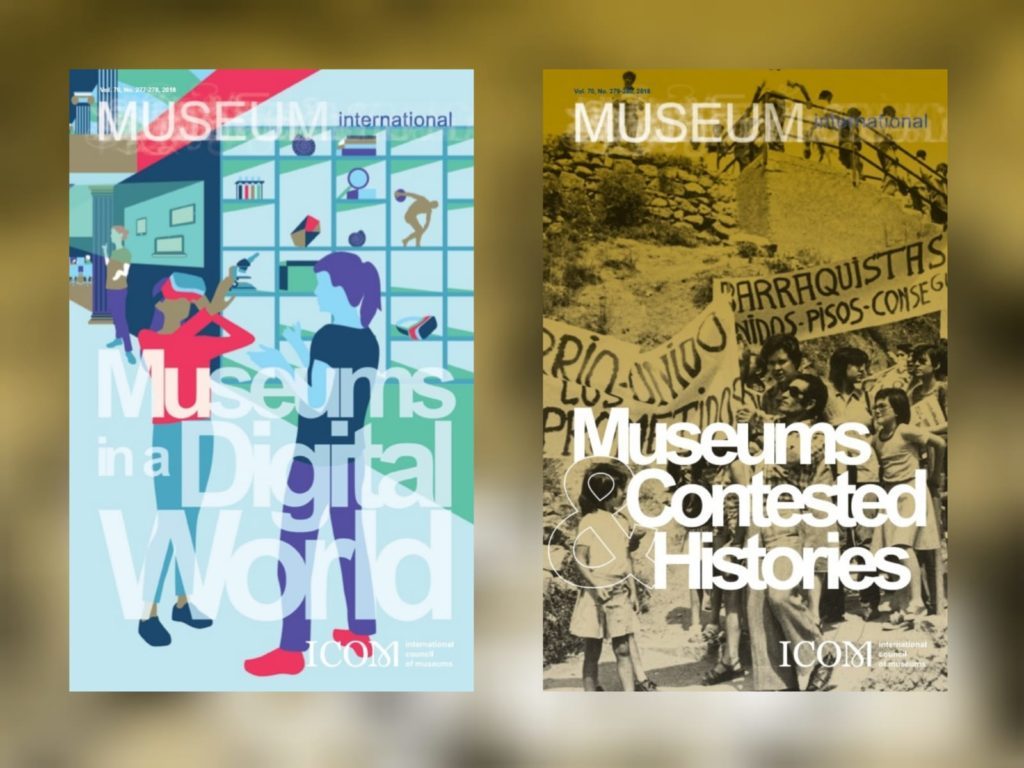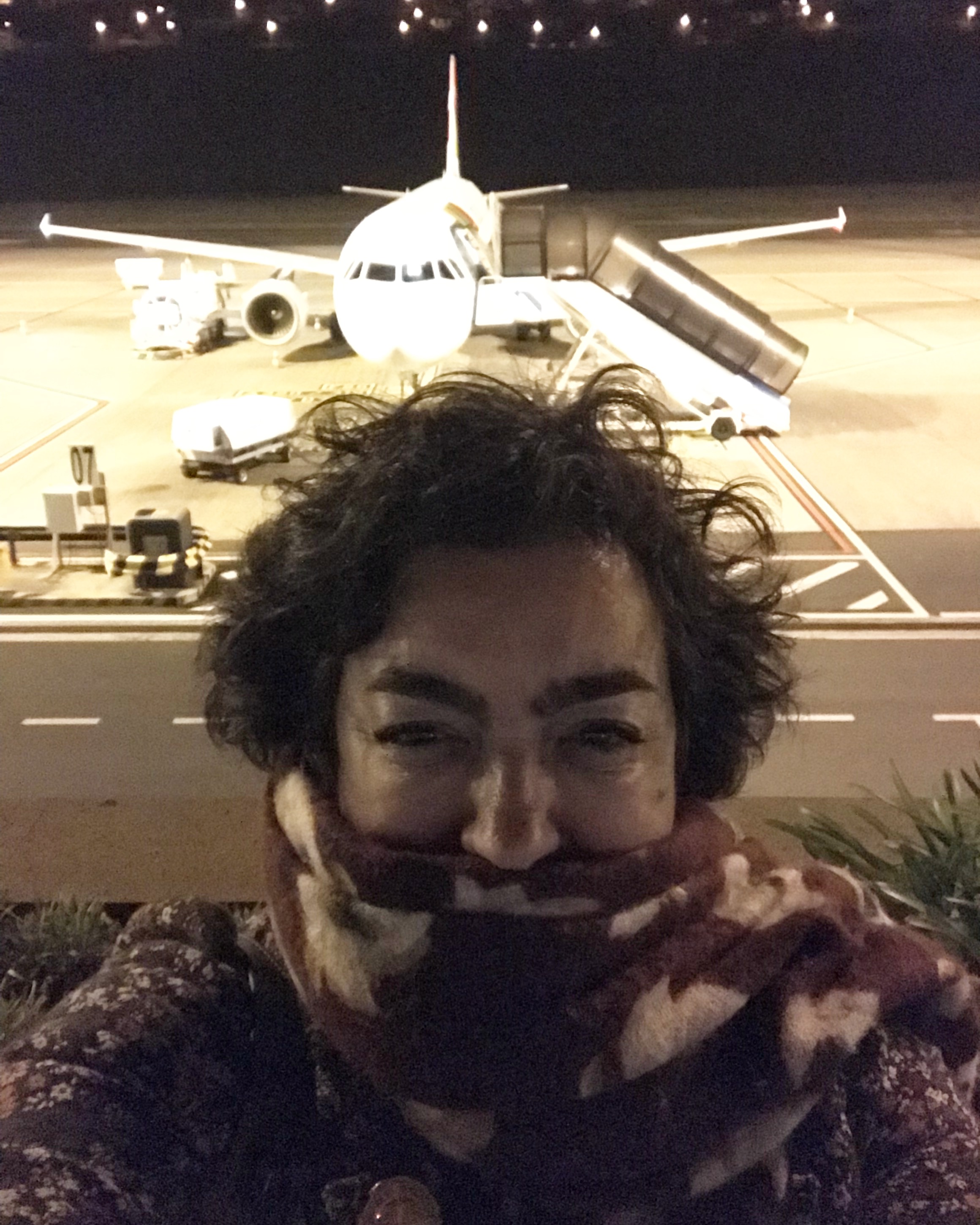
Dear UMAC members and friends,
As the year draws to an end, I am writing to convey my very best wishes for 2020 and sincere thanks for your support in 2019.
2019 was a great year for UMAC. The initiatives we promoted are too many to enumerate here. They covered training, research, advocacy and networks in Mexico, Germany, Ukraine, China, Japan, Brazil, Poland, Argentina, Russia, and so many other countries.
For example, in 2019 UMAC is proud to have supported the 1st Meeting of Western China University Museums and the 1st Colloquium of University Museums in Indonesia. In 2020, UMAC will support the 1st Meeting of University Museums and Collections in South Africa.
I am thrilled by the increasing number of enthusiastic professionals from university museums and collections everywhere who take the initiative to organise themselves and work together. Remember that UMAC can only do so much, therefore we are always eager to support local and regional initiatives to promote university museums, collections and heritage. We actually want to support even more in 2020! So, get yourself organised with colleagues, in your university, create a network, promote a workshop, a publication or a meeting, develop a blog or a course, and UMAC will give you full support and a global platform. Your ideas may seem too local to you — in Colombia, Estonia, Nigeria — but they are highly likely to be inspiring to others.
Act locally and inspire globally through UMAC.
Just a couple of highlights from 2019.
1) UMAC has now 650 institutional and individual members in 67 countries and territories, which is more than double the membership in 2016. We are excited about this growth and grateful to those who joined the ICOM-UMAC community. If you are not a member yet, make yourself one because now is best time to enjoy the most benefits from ICOM membership. See here how.
Still, 650 members is a ridiculously small number if we consider the number of universities in the world and that every single one of them has collections. I am yet to visit one university that has no collections. In fact, I challenge any person who says that a given university has no collections. Of course they have. They may be ‘hidden’, but of course they exist — just recalibrate your senses for both the past and the present and observe well.
2) 2019 was the year we tested a new format in our annual conferences: shorter papers, more time for debate and controversy, local engagement and ‘minds on’ workshops. UMAC 2019 in Kyoto last September was a tremendous success, the largest in ICOM 2019, right after CECA (the international committee for Education and Cultural Action). It was also the first ever UMAC conference with an Imperial Princess in attendance — we were delighted and honored that Princess Mako of Japan, a university museum enthusiast, participated in two of our Kyoto sessions.
I did it so many times, but I would like again to express our deepest gratitude to the UMAC 2019 Chairs — Akiko Fukuno and Hiroshi Minami — for their incredible work in Kyoto and, through them, all authors, sessions moderators, workshop facilitators, participants and sponsors of UMAC 2019.
3) 2019 was also the year UMAC elected a new Board. If you do not know who we are, take a look here. I am grateful to the new Board members, to all members for their trust and, personally, very proud to be leading UMAC until Prague in 2022.
I am also extremely grateful to the previous UMAC Board. We achieved so many things together and working with you was a pleasure and a privilege. So thank you so much Marcus, Barbara, Graciela, Akiko, Luisa, Lyndel, Elena, and Marine!
4) 2019 was also the year our journal UMACJ began to change. We want UMACJ to become an indexed journal, fully recognised by the academic and scientific community. It will take time but will be worth in the end as there is a niche for a global high quality journal addressing specific issues — theoretical, practical, ethical, legal — of higher education museums, collections and heritage.
Thanks to the hard work of Editor and Vice-Chair Andrew Simpson, and a vast number of people, and partners, UMACJ i) has a new Editorial Board, ii) began publishing two issues per year (the latest just came out), and ii) expanded into Chinese language.
5) 2019 was also the year we are finally beginning to understand who are the professionals working in university museums, collections and heritage. Our Global Systematic Survey, supported by ICOM Special Projects (P-MUS), is coming to an end. Please do not forget to answer the survey if you have not done so.
6) The Medical Museion, University of Copenhagen, won the UMAC Award 2019. The project was a terrific outside the box exhibition — Mind the Gut — that can still be visited. Do not miss it next time you are in Denmark.
By the way, there is still time to make your nomination to the UMAC Award 2020.
And there were so many other things happening in 2019 — UMAC Futures met for the first time, the UMAC app already has a name, etc etc, etc — but let’s enter 2020 now.
Here is why I think we should be excited in 2020.
UMAC IS RETURNING TO AUSTRALIA
In 2002, our second annual meeting was in Sydney and Canberra and we are incredibly excited about UMAC 2020 in Sydney, 15-17 September.
In 2020, we will begin a two-year commemoration of UMAC’s 20th Anniversary (in 2020, we will commemorate our 20th Annual General Assembly and in 2021, 20 Years of UMAC). What better place to celebrate than one of the cradles — perhaps the most important — of the university museum and collection’s movement of the late 1990s that culminated in the creation of UMAC in July 2001? I can’t think of nowhere else in the world I’d rather be.
The Sydney 2020 website is on, the Call for Papers is open, and we will meet at the new Chau Chak Wing Museum of the University of Sydney (at this very exact moment getting ready for us, we will practically inaugurate it).
I know very well that Kyoto and Sydney represent two years in a row of incredible financial sacrifice for many of us, particularly in Europe and the Americas. But if you book now, travel costs will not be that high. Plus there will be travel grants for speakers, as usual (more about this soon). Plus, if you are in Asia, this is (again) your year.
As I am writing this message, it’s impossible not to express my deepest sadness for the devastating bushfires that have been decimating communities and national parks in Australia during the last days — weeks! — of 2019. People have lost homes, people have died. It’s an incredible tragedy and Australians are in our thoughts.
AT GLOBAL SCALE, DISCUSSIONS ABOUT THE DIVERSE AND INCLUSIVE MUSEUM WILL CONTINUE
This year the debate warmed up (in fact it has been going on for years, but became more visible because society became more aware), and 2020 will be the year everyone will be talking about giving more space and time to underrepresented voices in museums.
Here is why.
After a very interesting debate in Kyoto, the new museum definition will be finally voted during the ICOM’s General Assembly in June 2020.
ICOFOM, ICOM’s international committee for museology, has promoted an internal debate and UMAC members can — and should — contribute here until January 26. Your contributions will inform UMAC’s vote in June. In Kyoto, UMAC voted in favor of postponing the adoption of the new ICOM definition, so now we really want to hear from you!
Although not UMAC’s official position on this matter, last July I have expressed concerns about the impact of the new ICOM museum definition for university museums and collections in a meeting promoted by the University of Milan and ICOM-Italy. You can read them here.
Furthermore, in 2020 the theme of ICOM’s International Museum Day will be ‘Museums for Equality: Diversity and Inclusion‘, which provides an opportunity to further discuss these issues — and associated issues, such as museum ‘neutrality’, repatriation’, co-curation, ‘decolonisation’, and others — out in the open with our audiences. Although recent debates have been rather polarised (e.g. Kyoto discussions), the issues are far from simple. Throughout the year, I believe we have an obligation to dissect their complexity for, and with, our audiences.
UMAC has just submitted a special project to ICOM, chaired by Vice-Chair Steph Scholten, about ‘Restitution and Repatriation in Universities’. So, you will hear from us soon.
I won’t bother you with in-depth ruminations in the last day of the year, but in universities questions of diversity, inclusion, repatriation, ‘decolonisation’ (an euro-centric term!) have specific nuances that we have to address. Just to name a few, all connected: i) universities have collections, not only museums; ii) the ‘knowledge legitimacy’ issue, which is highly problematic; iii) ownership is often problematic too; and iv) the lack of museum-trained professionals to observe the ICOM Code of Ethics and develop provenance research. Current museum guidelines are not enough. We need the input from interdisciplinary teams involving historians of science and research, and others — not just museum professionals — to develop solid and practical guidelines and help universities navigate this highly charged field.
Please send us your thoughts — we would love to hear from you.
And, of course, this issue should not consume 100% of our mental space. There are many other issues that we cannot put aside in 2020 — sustainability, climate change, migrations, inequality, species extinction, surveillance capitalism, and so many others — all important to contemporary societies. As university museums and collections, we should be in the forefront addressing them with our audiences, in exhibitions and educational programs.
Dear friends, to conclude.
I am joined by the UMAC Board in thanking you for your contribution towards the mission and activities of UMAC. I am particularly grateful to everyone involved in the initiatives I mentioned in this message (editors, researchers, authors, translators, designers, chairs, working group members, organisers, participants, institutional partners). I look forward to meeting even more of you in the coming year, in Sydney or anywhere else in the world, and I wish you a VERY HAPPY 2020.
UMAC vous souhaite une excellente année 2020!
UMAC le desea un feliz 2020!
UMAC deseja-vos um feliz ano novo 2020!
国际博物馆协会大学博物馆与藏品委员会祝您2020新年快乐!
Marta C. Lourenço, University of Lisbon
UMAC Chair
PS And follow us on Twitter, Instagram, WeChat and FB.
Lisbon, 31 December 2019

